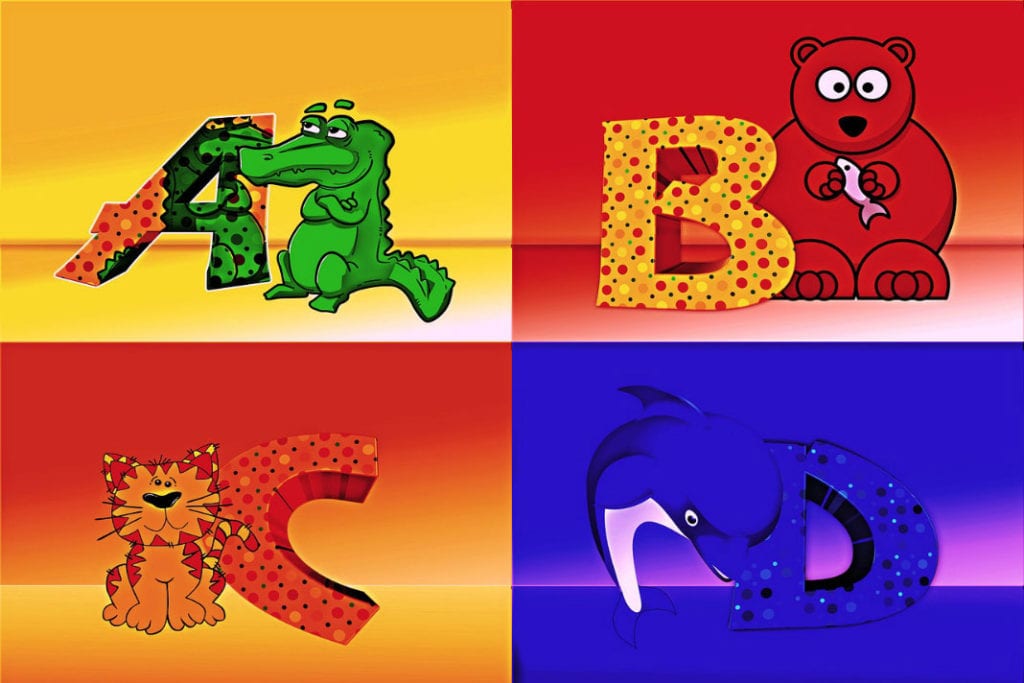What do you do when your four-year-old daughter first notices a man with a prosthetic leg? A coworker picked up the story in a grocery store when his little girl pointed out and asked, at the top of her lungs, why that man’s leg was “weird.” The man walked over, leaned down to talk to the youngster, let her touch his leg, and explained that his other leg was in the “shop,” and this was his “robot leg.” At that point, she cried out in surprise and promptly announced she wanted a robot leg, too! Kudos to both adults for handling a potentially awkward situation with such grace and humor.
Not every medical condition is so easily explained at a kid’s level. For starting conversations about Huntington’s Disease (HD), there is a great book called Talking to Kids About Huntington’s Disease by Bonnie L. Henning.
Huntington’s Disease is a rare and fatal neurological disease where nerve cells in the brain break down. This deterioration leads to a number of mental health and cognitive issues. Most noticeable are involuntary body movements called “chorea.”
Through her research, and testimonials from kids and parents, the book’s author offers advice on how to talk to kids with a family member or loved one with HD. As Huntington’s disease is a hereditary disease, the decision about when and how to share information is often based on how it was originally shared with the parent when they were a child.
Chapters in the 45-page book offer realistic advice on:
- Reasons to talk to kids about HD
- Who should tell the kids
- When should I tell the kids
- How should I tell the kids
- And more
In addition to being a go-to book for caregivers and parents about the whys and wherefores of having a conversation about HD, Henning also reminds everyone to remember to laugh and build positive memories with the whole family.





